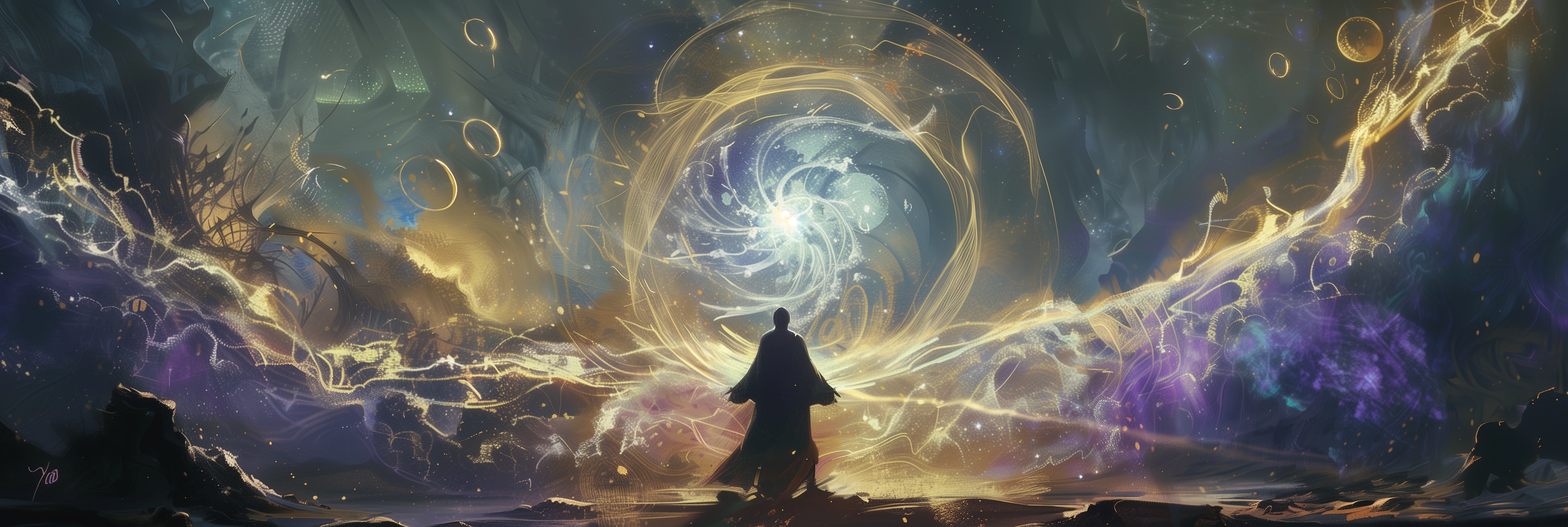Divine Magic
"Ours is the truest magic, for we have been granted the blessing of will: to think, and to have those thoughts imprinted upon reality."
Of the Quadrilunarum, divine magic is the rarest and most mystical. In divine magic, mortals are granted the smallest fraction of true Divinity: the ability to have one's own thoughts and will manipulate the lunar-arcane directly. There is little science to divine magic compared to arcane magic, and the chaos of the lunar-arcane is rarely embraced like it is in occult or elemental magic. There is only one's blessing to unlock divine magic and one's willpower to enact it.
The Foundations of Divine Magic: Willpower and Blessing
Unlike the other magics of the Quadrilunarum, divine magic must be accessed through a blessing. Divine magic is then enacted by force of will: a caster exerts their thoughts and emotions onto the lunar-arcane and, if they have the strength, pulls forth the effects of a spell.How Divine Magic is Gained and Furthered
Divine magic can only be attained by a blessing of some kind. These blessings tend to come from three avenues:- A god-spirit or divine servant grants one divine magic in a relationship of give and take, typically through religious servitude.
- A powerful artifact or location blesses one with a surge of power, granting access to divine magic.
- A non-divine but extremely powerful entity, like the Lesser Idols, gives the caster divine magic in a pact or boon.


Comments